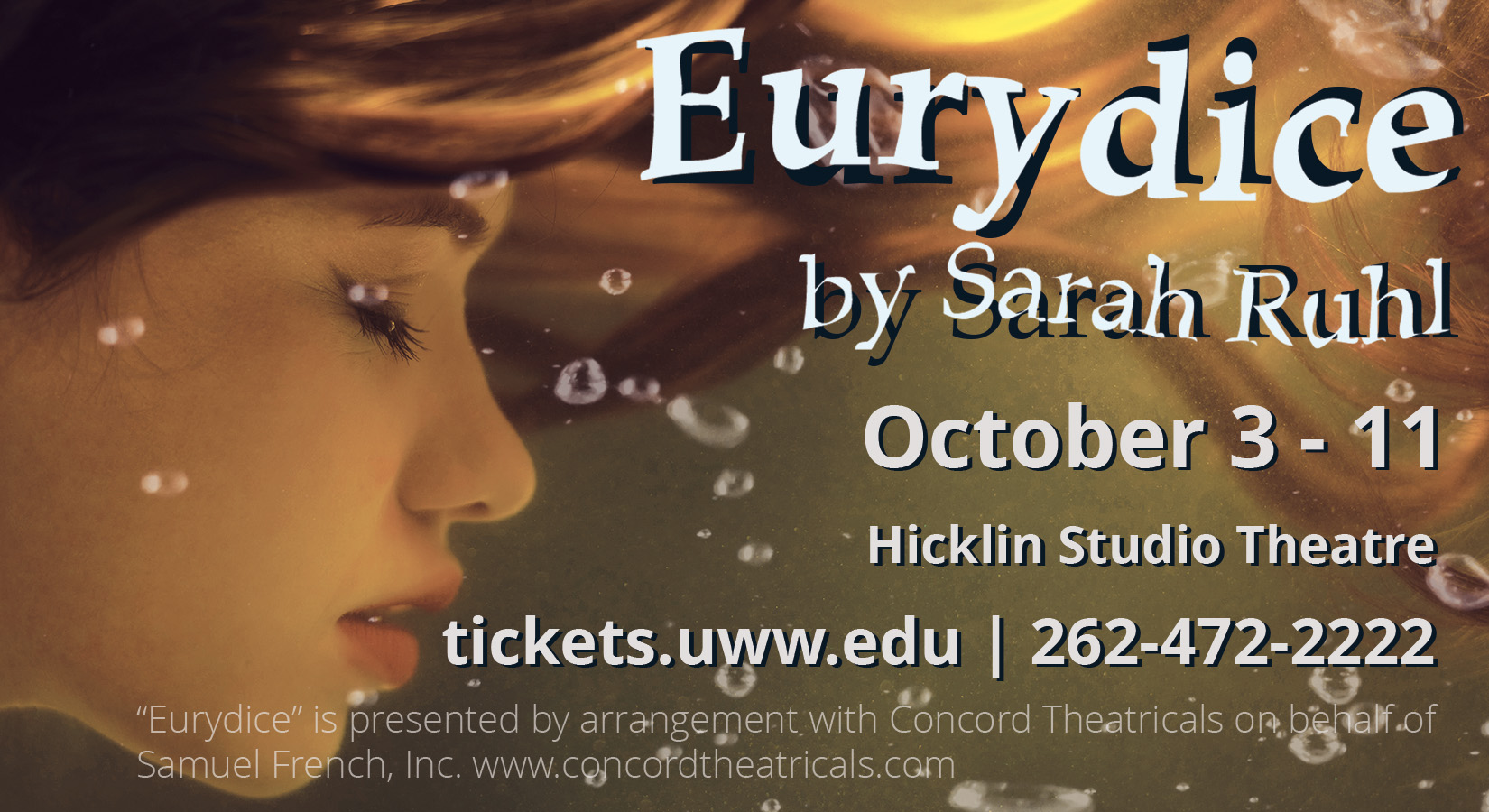Non-trad students thank support systems
November 12, 2018
For most students, college is a big adjustment. Between the extra homework and moving away from home, it can take a bit of getting used to. But for Colleen Hermes, a 35-year-old graduating senior, the process proved to be even more difficult.
Hermes is classified as a nontraditional student – or someone who is outside of the 18 to 24 age range that most “traditional” students fall into. Although, for Hermes, being a nontraditional student is so much more than age.
“A nontraditional student is someone who has had a harder experience in their life,” said Hermes. “It could be anything from being in the military or going through a divorce, like me.”
Now, as graduation gets closer, Hermes is reflecting on what really helped her get through the difficulties of her personal life and being a student in her 30’s: the sense of community.
“When I first came here, I wasn’t in the best place mentally because I didn’t get a lot of support at home. That paired with the class load was just a lot for me,” said Hermes. “But when I realized how supportive it is here, it helped me get through that.”
Support systems for nontraditional students at UW-Whitewater include the Adult Student Outreach center located in Roseman Hall and the ‘Non-Trad Pad’, located in the Career and Leadership Development area of the University Center.
“The Non-Trad Pad is the lounge designated for returning adult students,” said Lynn Smith, Student Services Coordinator for adult and Nontraditional students. “It’s a place to socialize and study, but also a place where students can be with their peers.”
For many, it truly is a place of belonging.
“I really like being able to blow off steam when I come here,” said Trisha Weinbrenner, a UW-Whitewater junior and nontraditional student. “The people here really understand what it’s like to have a job and kids.”
Even with support systems like this, student, just like Hermes, still struggled with their own mental barriers in the beginning. But now, Hermes is able to turn those experiences into a lesson for other nontraditional students.
“We all have our own plans in life, but sometimes things don’t go the way we plan,” said Hermes. “But you still have to trust life and trust that it will find a way.”













